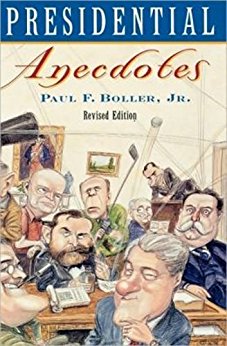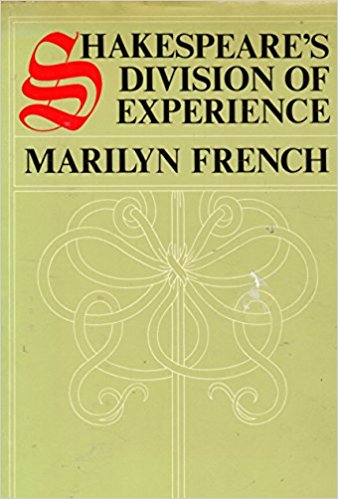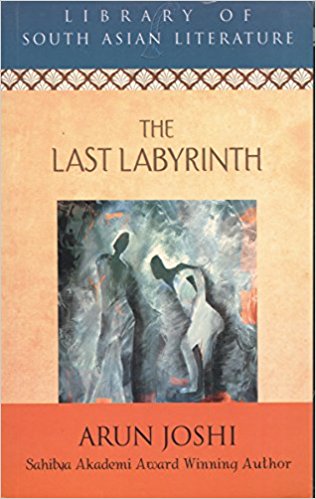The threat of a global crisis, specially on the economic front, looms large over the world today. The former industrial giants are no longer in the happy position of dic-tating the ways of the world. This is primarily due to the emergence of another force on the world stage, which has begun to assert its rights—and, more important, has acquired the bargaining power to do so. This force emanates from the oil-exporting coun¬tries of the Third World Jean-Jacques Servan Schreiber’s
Archives
Sept-Oct 1982 . VOLUME 7, NUMBER 2Dr. Rajan’s book is an educative documentation of the centrality of UN’s role despite the fetters attached to it. The expansion of the juris¬diction of the United Nations can only be a slow process established by precept and example and by practical appli-cation in specific events. The book deals with this accretional process and argues its irrever¬sibility.
Telengana is part of the mythology of the Indian Com¬munist movement, transmitted to the youth from one generation to the next through a kind of oral tradition. What-ever little literature exists about the movement can be classified into five categories: first hand accounts in the form of a mass of pamphlets, book¬lets and books of the period, almost all of which are in Telugu and remain untrans¬lated; creative literature,
Hence, ‘food aid’ is no aid. And he is correct in demonstrating that the food problem just cannot be blamed on population increase. The rise in our food production has each year, for the last quarter of a century, been more than one step ahead of the rise in our population.
The development of capitalism in agriculture continues to be the subject of controversy in contemporary India, a situa¬tion reminiscent of the 19th century debate in Russia. Various viewpoints that are being propagated range from insistence on the continuing existence of feudal relations in Indian agriculture or the distorted character of capi¬talist development to the rela¬tively liberal attitude that India is well on the road to complete capitalist tranformation.
In the light of the 1981 Census return and the ques¬tions it raises about the impact of family planning program¬mes (FP) in India, this book acquires a new significance. The persistent high growth rate of population makes one wonder why the ample funds, the elaborate organization, and the large man-power deployed to implement family planning have delivered so little.
The problems of poverty and development in the Third World have activated neo-Malthusians since the early 1960s into blaming the poor for their poverty and repro-ductive capacity, notwithstand¬ing the loss of credibility of much of what Robert Malthus propounded in 1798 in his famous Essay on the Principle of Population. Neo-Malthusian enterprise has found expres¬sion in a number of sophisti¬cated models, and has been able to raise a sympathetic echo in the family planning establishments of many Third World governments.
Seeing the population ‘ex¬plosion’ in the country as the root of all evil is fairly in-grained today among politi¬cians, policy makers and the vocal elite. Every half-baked industrialist can be heard making speeches drawing a link between the country’s population growth and its economic backwardness. And the media are full of articles in which the population bogey is a convenient central point around which are built pom¬pous theories and analyses.
Confronted with this fat book with its not too pre¬possessing title, encased in a glossy Punch-cartoon-style coloured dust-cover depicting, inter alia, President Johnson demonstrating his gall-bladder operation scar to George Washington, who is scrutini-zing it with all the concentra¬ted attention that he reputedly devoted to the study of his field-maps during his War of Independence campaigns against the British; President Truman thumping away on an upright piano with a supreme, almost inane degree of self-satisfaction; Richard Nixon with his famous crooked kris-proboscis extended like an antenna, slyly playing smug¬gled tapes; and President Eisenhower grovelling on the ground in desperate search of an errant golf ball, your reviewer was frankly not enthusiastic about the task entrusted to him.
The principal author of this book, David Holden, who was the chief foreign correspondent of the Sunday Times, was shot dead in Cairo in November 1977 when he was barely half¬way through the book. To this day the mystery surround¬ing his murder has not been unravelled. His co-author, who completed the book, feels that this summary departure had nothing to do with his researches into the House of Saud and assures us that Holden was not a part of the paranoid world of intel¬ligence and subterfuge. But the story of the House of Saud as it unfolds contains so much intrigue and violence that one may be forgiven for doubting this.
A student of business history faces one big problem: lack of information on the growth of business houses. This problem is a function of the secrecy surrounding the growth of business houses in India, a sec¬recy deliberately nurtured and propagated by the business houses themselves. The publi¬cation of this book is thus an important event. For the first time, we are provided with data on the origin, growth and expansion of Gujarat’s premier business house, that of Lal¬bhai.
What makes Ardhakathanaka fascinating and important is the fact that it is perhaps the first autobiography in an Indian language. Originally written in 1641 A.D., and in verse, using a colloquial mix¬ture of Brajabhasha and the eastern dialects of Hindi, it is the self-revelation of a Jain merchant-poet, Banarasidas, who lived in the heyday of the Mughal rule.
The editors of this anthology have stated that their aim was ‘to represent only such (poets) as embody in effective idiom the native sensibility’. One can, indeed, discern in all the poets, from old stalwarts to new voices, the milieu in which Indo-English poetry is being written today. They all reflect, in one way or another, the dilemma of the Indian ethos into which they have been born, and the contemporary Western philosophical influ¬ences, particularly Sartrean Existentialism, to which they are prone.
Marilyn French is one of a new breed of critics, per¬haps not yet fully accepted in the conventional circles of literary criticism, because of her very specific (and all-pervading) bias. As a feminist critic of literature, she en¬visions part of her function as that of reinterpreting the pil¬lars of Western literature. Shakespeare is of course one of these. Shakespeare created a large stageful of women characters, ranging from fiery Margaret and Lady Macbeth to clever Portia and waif-like Ophelia.
Alexander Blok was born in 1880 in St. Petersburg and died there in 1921. The dates are as important as the country in which was born. His life spanned the four most tur-bulent and cataclysmic decades in Russian history—the years of terror and sedition let loose by the angry young rebels, the suffocating years when ‘Pobedonostsev…
Ever since the subject burst upon him in the latter half of his first novel The Foreigner (1968), Joshi has with single-minded dedica¬tion and growing artistic re¬sourcefulness been excoriating the Bitch Goddess— that implacable deity of gross material success who may serve the flesh but’ always extracts its pound of conscience and often leads to utter ruin.
This, the fourth and final volume of a series, presents in English translation a selection of contemporary verse in Assamese (20 poets; 30 poems), Gujarati (28 poets; 29 poems), Malayalam (30 poets; 60 poems), Telugu (17 poets; 23 poems), and Urdu (19 poets: 54 poems). Each section begins with an editorial introduction—by Nabakanta Barua for Assamese, Jhinabhai Desai for Gujarati, Ayyappa Paniker for Malayalam, I. Panduranga Rao for Telugu, and Gopichand Narang for Urdu—and concludes with brief biographical notes on the poets represented.
For far too long, the trans¬lation into English of Indian literature has been viewed primarily as an act of cross-cultural interpretation, a way of making India’s literary riches accessible to the West. This may well be an accurate assessment of the situation up to 1947: nearly all of the works translated into English were classical ones, mostly Sanskrit, and they were often translated by Western scholars who had Western readers in mind.






